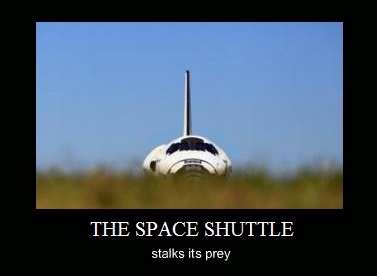Did you know that Russian Cosmonaut Сергей Авдеев ("Sergei Avdeyev") is considered Earth's first significant time traveler?
During his active years as a cosmonaut (1992-1999), he set a record for cumulative time in space. Across 3 visits to the Mir station, he spent an astonishing 747 days in low Earth orbit! Sergei circled the planet nearly 12 thousand times, traveling a total of 515 million kilometers.
After Avdeyev retired from Roscosmos in 2003, cosmonaut Sergei K. Krikalev reached 803 days in space, breaking the record for time – but not for speed.
Avdeyev is the first human being calculated to have traveled a measurable .02 seconds into the future.

Mir Cosmonauts Avdeyev, Gidzenko & Reiter
Spending just over two years on MIR going 17,500 miles per hour is what racked up those 20 milliseconds, says Princeton astrophysicist J. Richard Gott: "If you go out 500 light-years, then come back at the same speed, when you arrive back the Earth would be 1,000 years older and you would only have aged 10 years."
The closer we get to the speed of light, of course, the slower time proceeds. Moving physically through time more noticeably would require travel at 99.995% the speed of light, so 20 milliseconds probably seems pretty tame – but we'll take it!
Sergei Avdeyev is, technically, one-fiftieth of a second "younger" than if he had stayed home. He has thus traveled one-fiftieth of a second into the future, effectively experiencing .02 seconds less than the rest of us here on Earth.

The Apollo astronauts hold the overall speed record in that their crafts traveled faster, but they were only in space for a few days at a time. The fastest spaceships of today travel at only .00004 percent the speed of light, and a voyage to our closest star, Alpha Centauri, would take about 80,000 years.
Say we somehow found the fuel and other means to speed that up to say, 75% percent of the speed of light? We could reach Alpha Centauri in 5.7 "Earth years." But for the astronauts on the ship, the trip would take a tad less than 4 years. Neat theories! Think we'll ever pull it off ??


































































